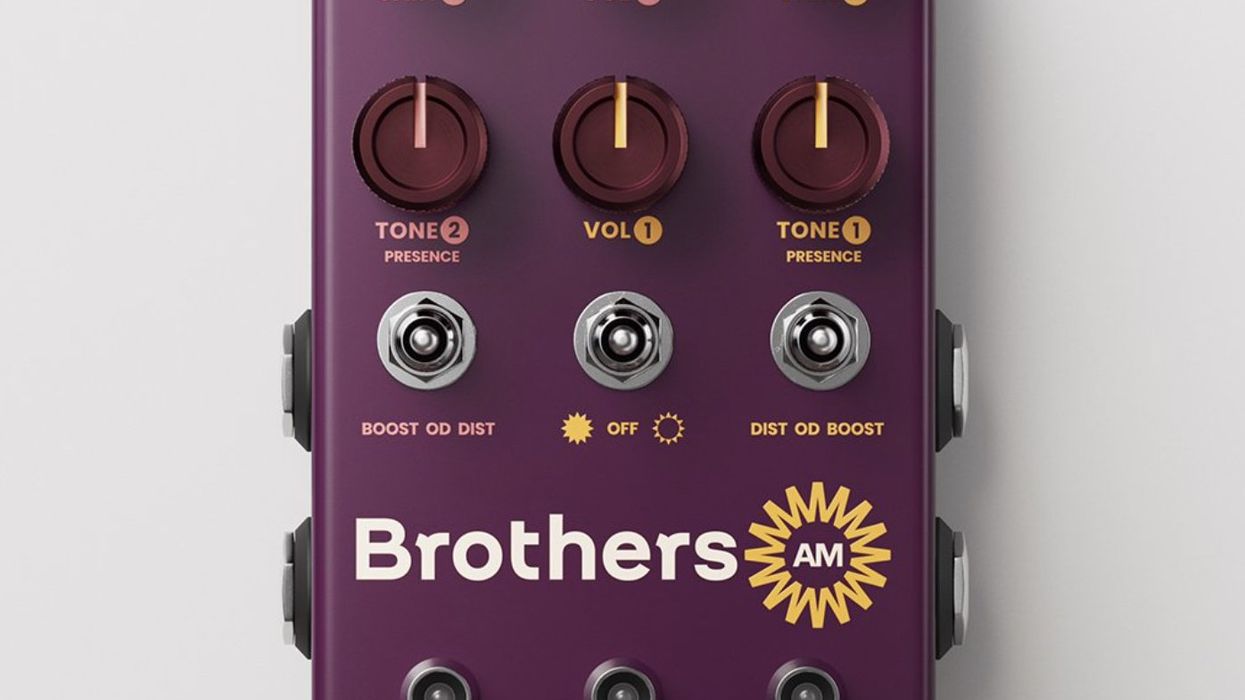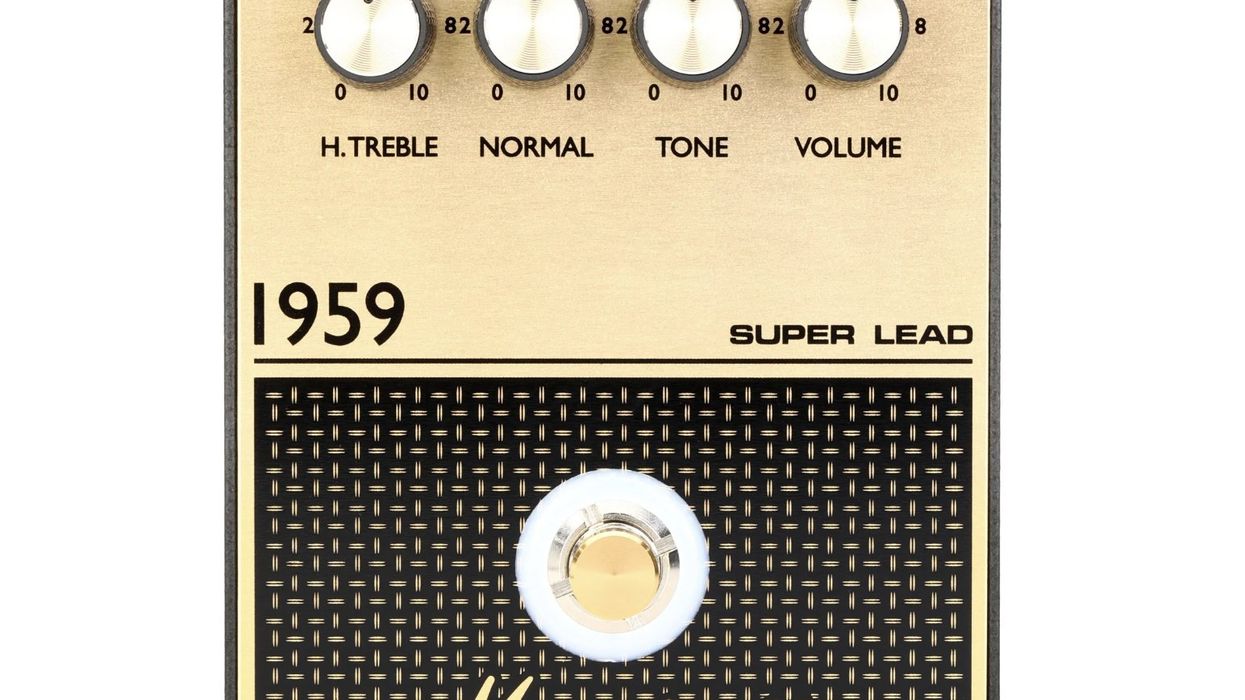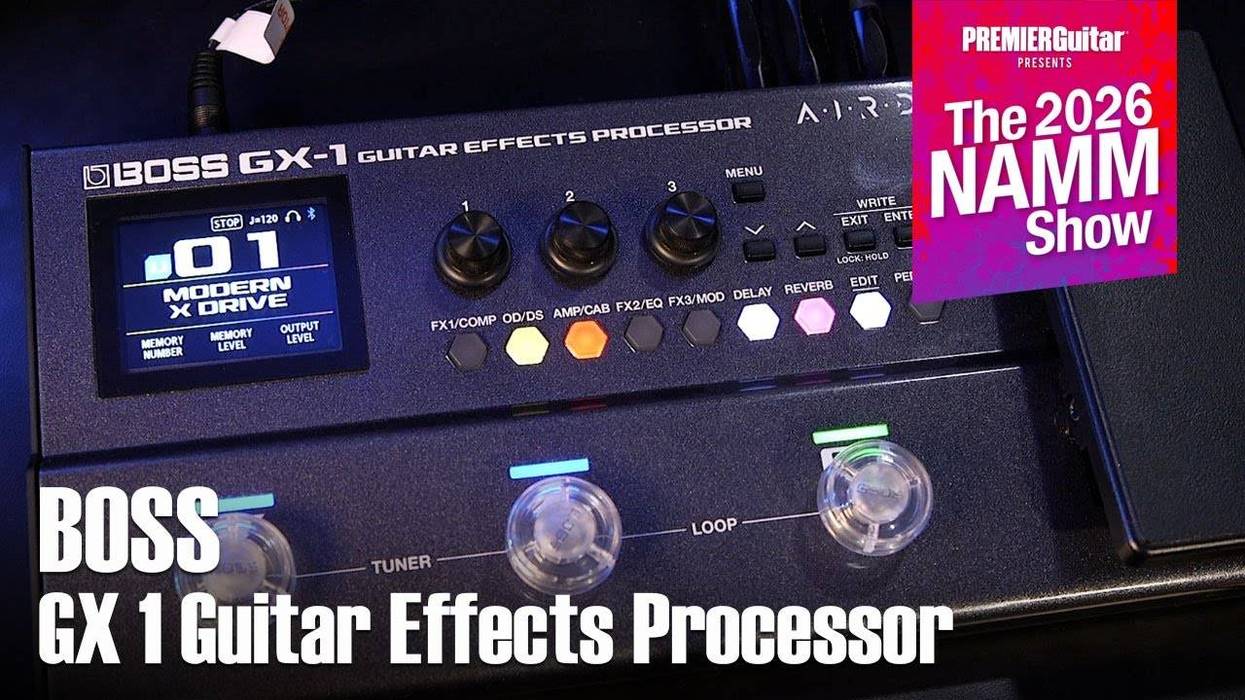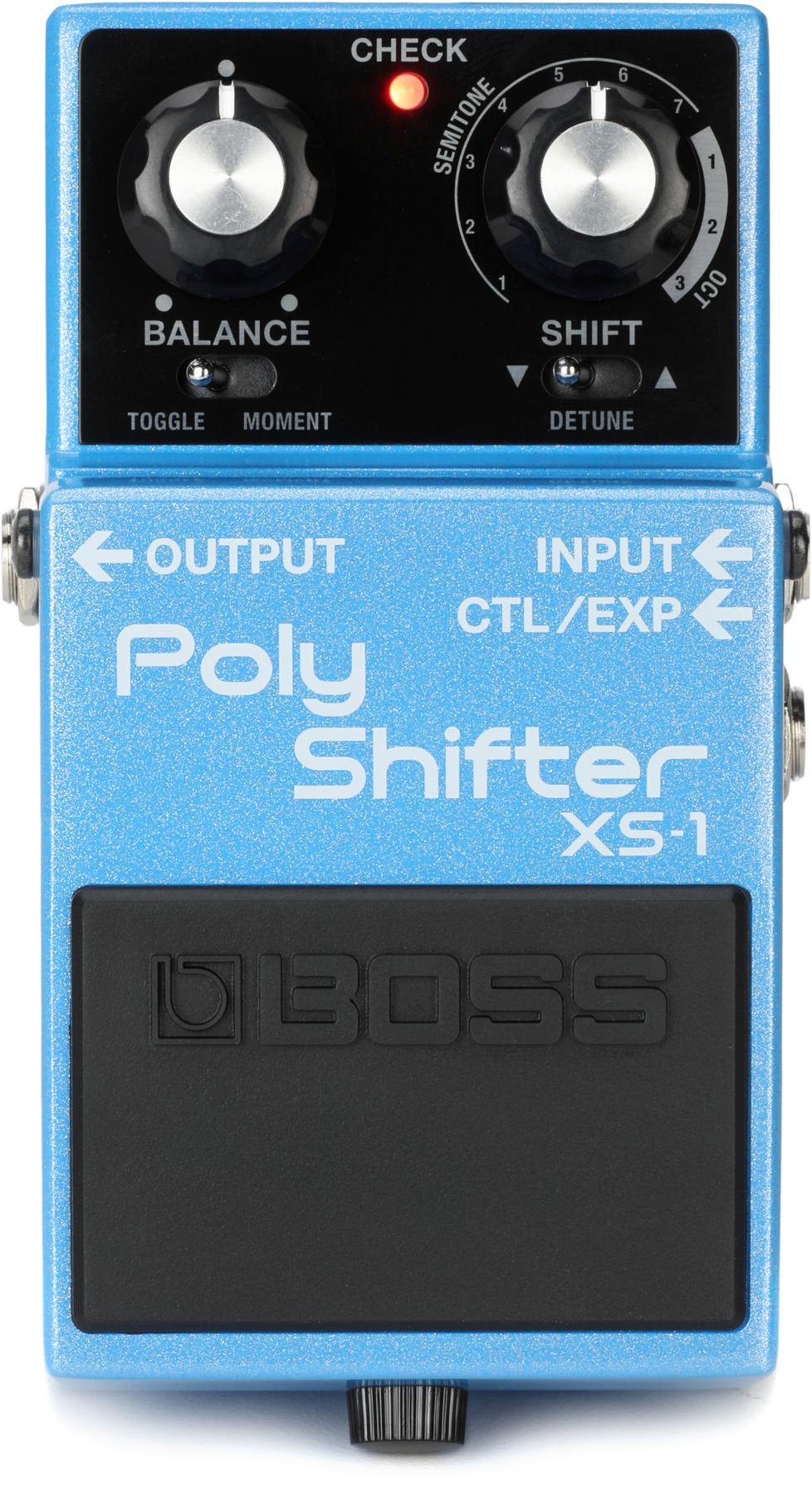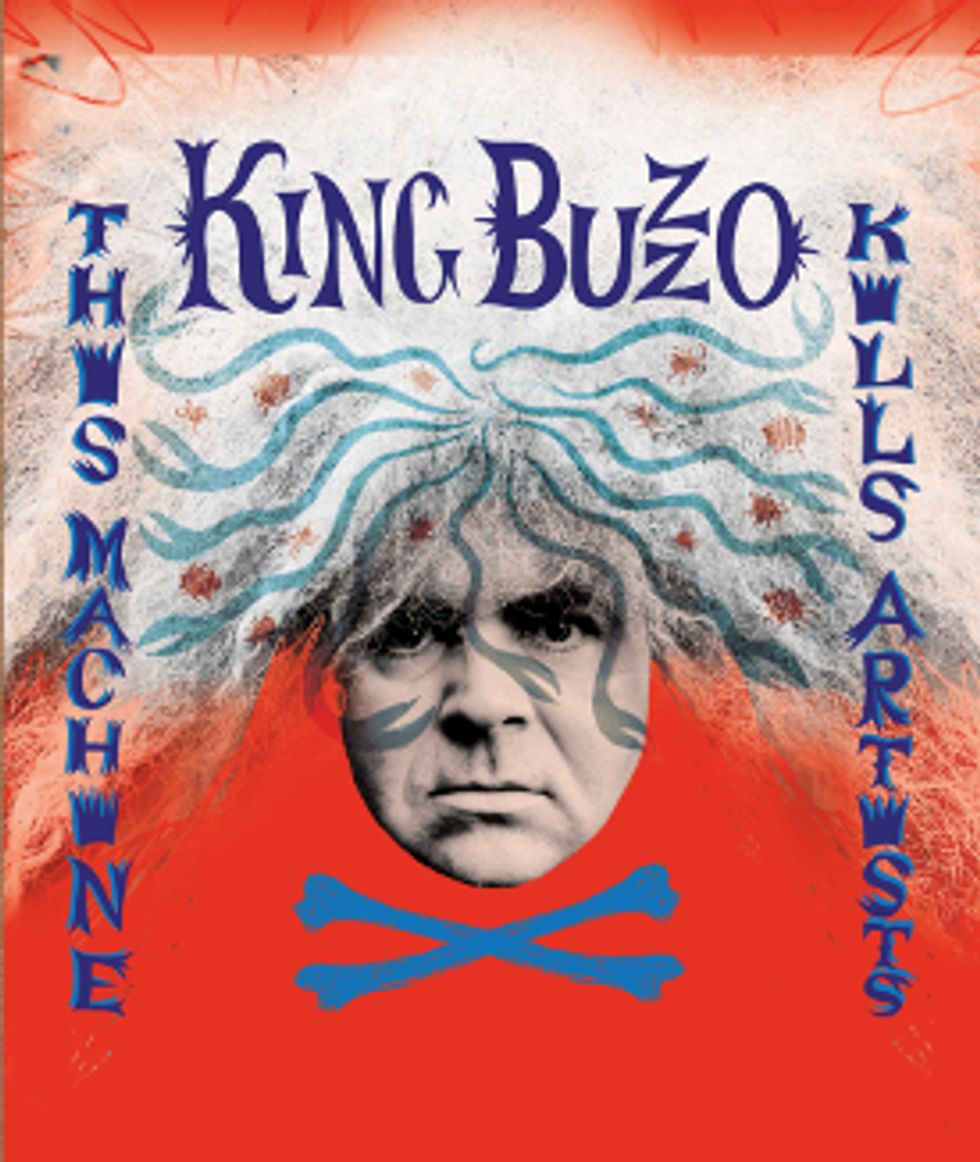
Spoofing Woody Guthrie’s iconic Martin 0-17 inscribed with “This machine kills fascists,” Melvins frontman Buzz Osborne has released This Machine Kills Artists—his first acoustic album. Why go acoustic after 31 years of plugging in and turning up? Well, he writes most Melvins songs on a red, white, and blue Buck Owens American flattop before translating them into sternum-rattling, tinnitus-inducing electric juggernauts—so why not?
And as the opening song, “Dark Brown Teeth,” reveals, this music still sounds like the silver corkscrew-haired King Buzzo that we all know and love. Sure, you could argue that the trippy vocal effects and droney tunings make this, technically, psychedelic folk. But it’s not like the freak folk of the early 2000s, where hip kids in homemade hats would shush you at shows. Songs like “Dark Brown Teeth” and “Drunken Baby” have more in common with the solo recordings of Jason Simon (Dead Meadow) than Devendra Banhart.
But these songs are even less precious than that. Osborne still brings the kind of slow-cooked riffs that are synonymous with top-shelf Melvins songs while musing on inside-joke themes about alcoholic infants and dudes with gross dental hygiene. And the bottom line is that these are all great songs—the kind that work their magic on you with repeated listens. themelvins.net



